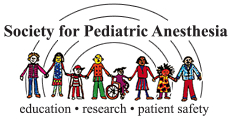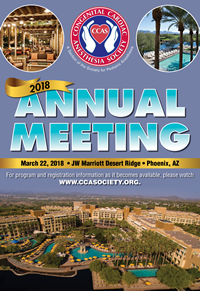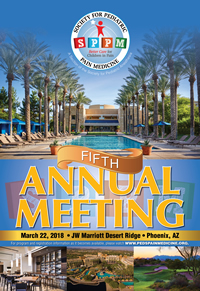OS1-138
When are we operating on kids? A potentially simple intervention to improve outcomes in developing countries.
O'Reilly-Shah V, Gillespie S, Easton G
Emory University, Atlanta, GA, United states
Introduction: According to the Lancet Commission on Global Surgery, over 5 billion people have deficient access to basic surgical and anesthetic care. The rapid global adoption of mobile health (mHealth) smartphone apps by healthcare providers provides opportunities to study global medical practice patterns, track access to care, and disseminate best practice information. App analytics, combined with in-app demographic surveys, can provide powerful tools for the collection of data in these areas.
Methods: We studied users of a free anesthesia calculator app used in nearly every country in the world.[1] We combined traditional app analytics with in-app surveys to collect user demographics and feedback. Chi-square tests were used for statistical comparison, using Holm's method to correct for multiple comparisons.
Results: Mining data on ~617k patient age entries from 48,034 subjects in 212 countries, we found that most app uses were associated with the care of pediatric patients: ~147k (24%) of patient records were less than one month old, and ~465k (75%) were less than twelve years old (Table 1). We observed significant differences in age of the patients for which the app was consulted as a function of country income level. Specifically, the proportion of neonates, infants, and toddlers was higher in lower income countries (Table 1). We also observed significant differences in the hour of the day when the app was used; for neonates, infants, and toddlers, app uses were observed at a significantly higher rate in the evenings and at night in lower income countries. In particular, the app was consulted at a substantially higher rate for neonatal patients in lower middle income countries. Except for low vs lower-middle income in all categories, all pairwise comparisons were statistically significant at the 0.005 significance level.
Conclusions: Country income level appears to be an important predictor of the use of mHealth clinical decision support, which may suggest higher need for decision support in the care of this vulnerable population. There is good evidence that nighttime procedures are associated with increased complication rates and reduced efficiency.[2–4] The increased rate of evening and nighttime procedures in lower income countries is potentially a very easy target for intervention in improving outcomes.
Top













